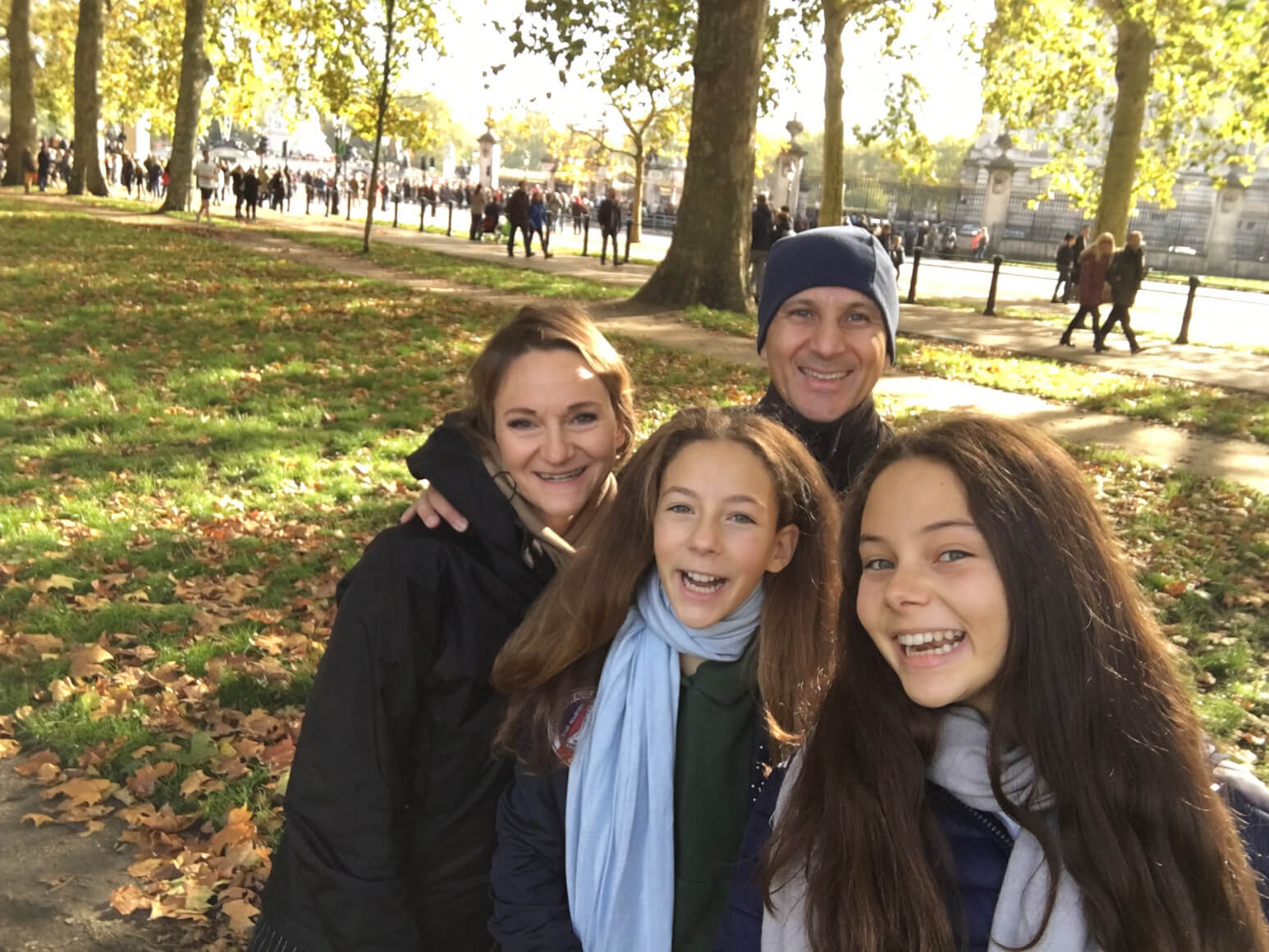#TeamVaccines
Dennis’s Story
Malaria Vaccines Programme
I’m Dennis and I work on the development of Malaria vaccines. I’m very proud of my job and to have contributed to the Malaria vaccine that was recently recommended by the WHO.
As a father, I would do just about anything to keep my children safe from harm. So when I think about how many parents in parts of the world who have lost a child to Malaria – and how much smaller that number could potentially become with a vaccine – I feel the impact of it all the more.

The search for a malaria vaccine
Malaria is a dangerous disease caused by a parasite that’s spread by mosquitoes - mainly in tropical parts of the world. If it goes untreated, it can rapidly cause severe illness - especially in young children [1]. Every year, hundreds of thousands of African children under five die, making it the main cause of childhood illness and death in sub-Saharan Africa [2].
For 35 years, the biopharmaceutical industry and the broader scientific community have been working on finding a vaccine to protect against malaria. And in October 2021, one was finally recommended for widespread use [2].
I remember my project team met in the office that day – after a whole year of working remotely due to the COVID-19 pandemic. It was such a special moment to see everyone in person and to celebrate such an important step forward. The WHO called it ‘a historic moment… a breakthrough for science, child health and malaria control’ [2]. So many people have worked on this vaccine for so many years, and I couldn’t have been prouder.
What the malaria vaccine could change
Adults who have grown up around malaria have usually developed immune responses to partially defend themselves against it. However, young children haven’t yet got these defences and are particularly vulnerable to it. Even if it’s thankfully not always deadly, malaria means children miss out on school or their parents miss out on work. These disruptions can keep people in an endless cycle of poverty.
So it was very encouraging to hear that when the vaccine was first rolled out, there was really high acceptance of it. People knew how dangerous and disruptive this disease can be. Sadder still, most people in these regions had lost someone to malaria. This ground-breaking [2] and long-awaited malaria vaccine could help save the lives of more than 500,000 African children under the age of 5 [3] who die from malaria every year [4]. I hope it can be a beacon of hope for them. A chance to protect themselves and their loved ones from any further loss.
What comes next?
This vaccine can contribute to more children in these regions getting to live normal lives. To go to school, to get an education and to grow up without the burden of malaria. I’m so grateful to have played a small part.
In general, childhood vaccination programmes have had a huge impact on global health. Before vaccines, infectious diseases were the leading cause of childhood death globally [5]. But with every vaccine approved and introduced, these numbers fall even further.
It’s rare to get the opportunity to work on a programme that has the potential impact that this one project might have. But I’d like to see even more people get this opportunity, as we see more vaccines discovered, and more children saved from disease and harm.
A 35 year journey to help prevent disease
The world’s first malaria vaccine